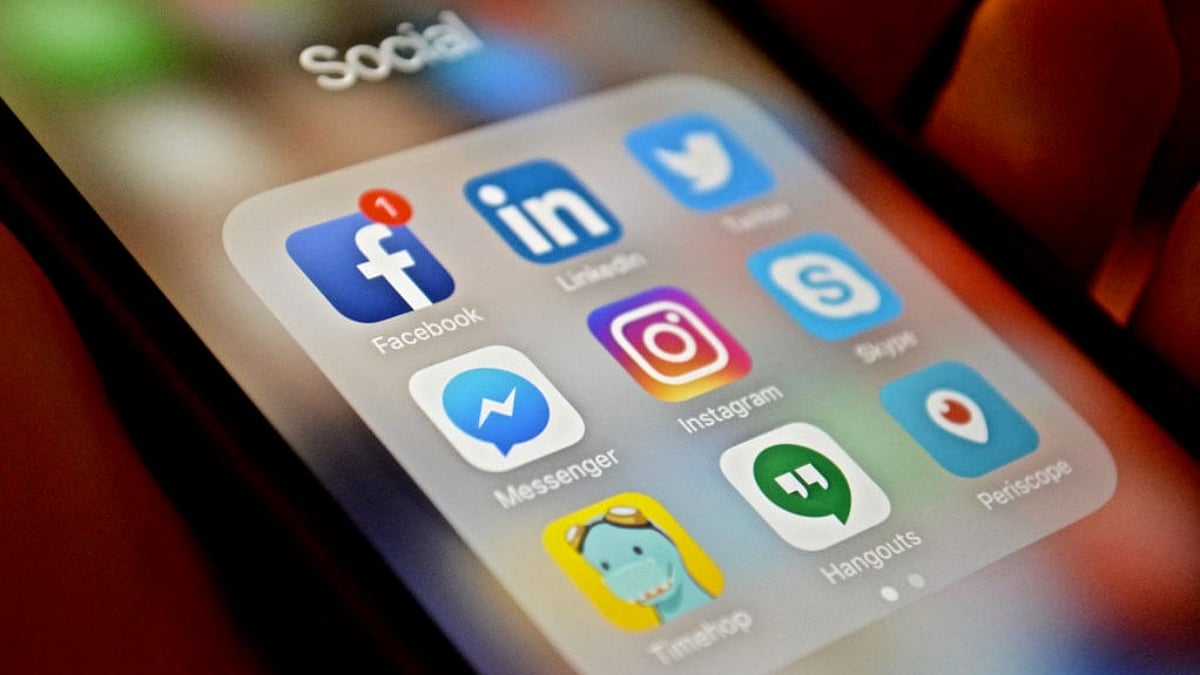The worst of the ills of social media are coming home to roost. While there’s no denying the positive effects it has had on communication, businesses, networking and content accessibility to people, its equally powerful negative impacts have come under great scrutiny in recent years.
Children, more than any other cohort in society, have been showing the negative impacts with a drop in their attention spans, difficulty in reading texts and books, and issues with anxiety and depression, among other psychological setbacks. There have been recent calls for banning social media access and availability to children below a certain age, especially when they are in schools.
Now, The Times in London reports that the British head of counter-terrorism has called for a more encompassing ban on the grounds that the harm created by social media is similar to ‘cancer caused by smoking.’ He grounded his rather extreme-sounding call in the casework of British MI5 and counter-terrorism policing in Australia on the noticeable surge in young people radicalised, isolated, and falling prey to various damaging tendencies leading to even rapes, homicides, and suicides.
Australia was among the boldest in taking action on such worldwide trends by amending its Online Safety Act to severely restrict, near-ban, social media use by under-16s last year. Its leaders, like psychologists and other researchers across the world, drew parallels between the impacts of social media use now and smoking back in the 1950s. Just as smoking was contributing to lung cancer and taking lives, its culpability was not established for decades as the tobacco industry funded research discounting the link.
This aspect should be of particular concern in India given the high penetration of internet and social media usage and a considerable cohort of young people. Statistics vary depending on the source chosen but at the minimum between 751 and 900 million Indians used social media in 2024, that’s more than six of every ten Indians, and they spent an average of two-and-a-half hours every day on social media platforms.
With India’s children, the penetration is possibly higher, though verified age-disaggregated statistics are hard to come by. The Annual Status on Education Report released last month showed that 82.2 percent of all children in the 14-16 age group know how to use a smartphone; of these, 57 percent reported using it for education while 76 percent said that they had used it for social media.
Parents and teachers have already pointed to excessive screen time of young children, besides their access to inappropriate content, unsafe contact by strangers, the pressure to conform to some undefined standards, and the resulting mental health problems. It is also true that education and basic messaging, especially in non-urban areas, could suffer if there was a complete ban.
The Digital Privacy and Data Protection Act in the making suggests parental consent for children below 18 opening or using social media accounts, but this is hardly going to make a difference on the ground when millions of children have been online for years. While the concerns are legitimate, a ban may be too extreme and counter-productive. Highly regulated and restricted use, with parental control made stronger by social media companies, would be the way out.
